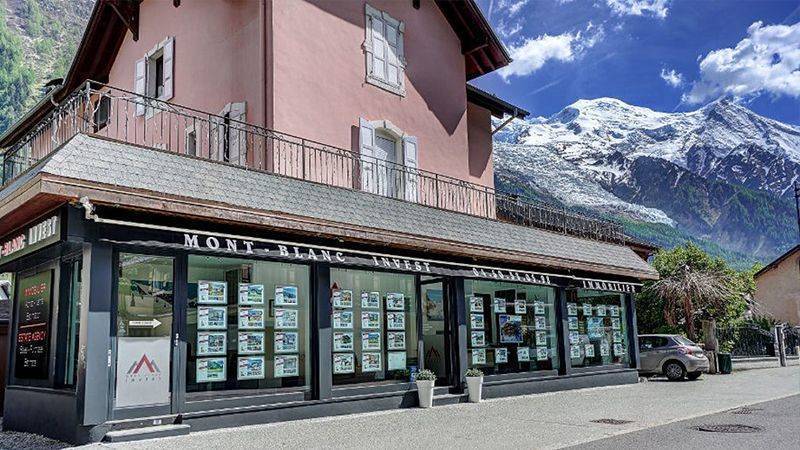In France, taxation is increasingly tight. The land deficit may prove to be an interesting solution for investors who wish to relieve this pressure. It can be very attractive as it reduces or even cancels taxes on rents received.
What costs are eligible for the land deficit?
The owner of a dwelling rented out is in a situation of real estate deficit when the charges he bears (work, maintenance charges, property tax, etc.) are greater than the rents received. It is possible to deduce this difference from its overall income (salaries, pensions, other bank income) within the limits of €10,700 per year.
Example: an empty studio brings in €400 per month to its owner, i.e. €4,800 per year. At the same time, the annual charges are €9,000, of which €7,000 is deductible. The land deficit is therefore 2,200 € per year.
If the deficit exceeds €10,700, the glut constitutes a provision, for the next 10 years, which will reduce each year the property incomes only. To be eligible for the land deficit, the owner must meet several conditions:
- the owner must be taxed under the actual regime. Systematic above 15 000 € of generated revenues, it is optional below this amount.
- the dwelling must be rented empty as a main dwelling for at least 3 years.
What costs are eligible for the land deficit?
To be eligible for the land deficit, the expenses must belong to a specific category :
- improvement works: their purpose is to bring a new element of comfort to the dwelling, such as the installation of new sanitary facilities, the enlargement of windows or the rebuilding of foundations. This work must not alter the structure of the building.
- repair and maintenance work: they are intended to maintain or restore the dwelling in good condition to allow normal use, without altering its consistency, layout or original equipment. This may include, for example, replacing the boiler, repairing the roof, expenses related to asbestos removal.
- Financial charges linked to loan interest: these are the interests and costs (insurance, administration fees) linked to loans taken out to finance the acquisition, construction or work on the dwelling.
- Expenses related to the operation of the property: these relate to management fees paid to estate agencies, co-ownership trustee fees, insurance, co-ownership charges and property tax.
Please note that construction, reconstruction or extension work is never deductible.





